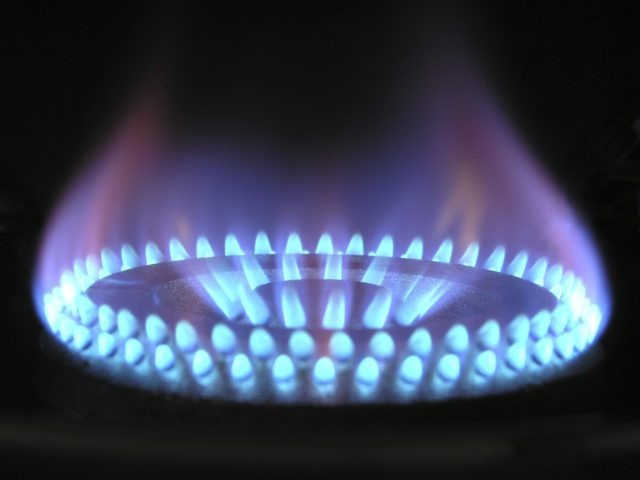Weighing the Advantages and Disadvantages of Gas and Electric Heat
Gas heat and electric heat are the two most popular choices for your home. The most common type of furnace is forced air. This type of system heats the air that comes through the intake. The system is triggered by the temperature dipping below the preferred setting on your thermostat. This heated air is then circulated through the house to warm the rooms. The type of fuel used to heat the air is the main difference between gas and electric furnaces, and both have pros and cons.
Gas Heat Advantages and Disadvantages
One thing many homeowners notice is that the air heated by gas furnaces is hotter than that produced by an electric one. This means that they heat your home more quickly and do not have to run for as long as electric ones. This results in energy savings due to needing less fuel.
Most gas furnaces use natural gas, which burns cleaner than the coal used to produce electricity. In general, gas furnaces will last up to 20 years if they are kept in good repair. They are also more complicated than electric units, and you must have a vent or chimney installed in your home if you do not already have one.
 Another disadvantage to gas heat is that it produces carbon monoxide. You will need to make sure the unit is installed by a professional who is familiar with gas furnaces, and you will want to purchase CO detectors for your home. If you have a gas furnace produced before 2010, it might have a pilot light that stays lit all the time. After this time, pilot light gas furnaces were replaced with ones that have electronic ignition systems. For those with older furnaces, it is a good idea to think about upgrading the system to one that meets current standards.
Another disadvantage to gas heat is that it produces carbon monoxide. You will need to make sure the unit is installed by a professional who is familiar with gas furnaces, and you will want to purchase CO detectors for your home. If you have a gas furnace produced before 2010, it might have a pilot light that stays lit all the time. After this time, pilot light gas furnaces were replaced with ones that have electronic ignition systems. For those with older furnaces, it is a good idea to think about upgrading the system to one that meets current standards.
Electric Heat Advantages and Disadvantages
Electric heaters use a heating element to heat the air as it passes over it. This air is then forced throughout the ductwork and into the rooms by the blower motors. Electric furnaces do not produce carbon monoxide.
Electric heaters have a lower cost to install, but with electricity costs going up, they can be more expensive every month. Electric furnaces do not heat the air as high as gas furnaces, which means it takes longer to heat up. This means that the furnace will have to run longer and more often to keep the home to the proper temperature.
Electric furnaces tend to last longer when compared to gas ones. A good electric furnace can last up to 30 years with proper maintenance. There is a risk of fire with both gas and electric heaters, but there is no risk of carbon monoxide poisoning with electric furnaces. Also, you will not have to have a vent or flue installed.
Which Offers Greater Energy Savings?
Gas furnaces tend to be more efficient because it takes less energy to heat the air. Most run on natural gas, which is generally less expensive than electricity in most areas. The initial cost of the unit and installation is typically more for a gas furnace. However, fuel costs are usually less over time, and the initial costs are recovered more quickly than with an electric heater.
Making the Right Choice
When it comes to heating and cooling system installation, your professional is the best person to ask about your particular situation. Contact Price’s Plumbing for advice on which choice is right for you. When you have decided, you can schedule with us to have it installed. Contact us in Mount Laurel, NJ by filling out the contact form on our website or calling us at 1-856-325-9719. You can also send us a direct email at pricesplumbing@gmail.com.
